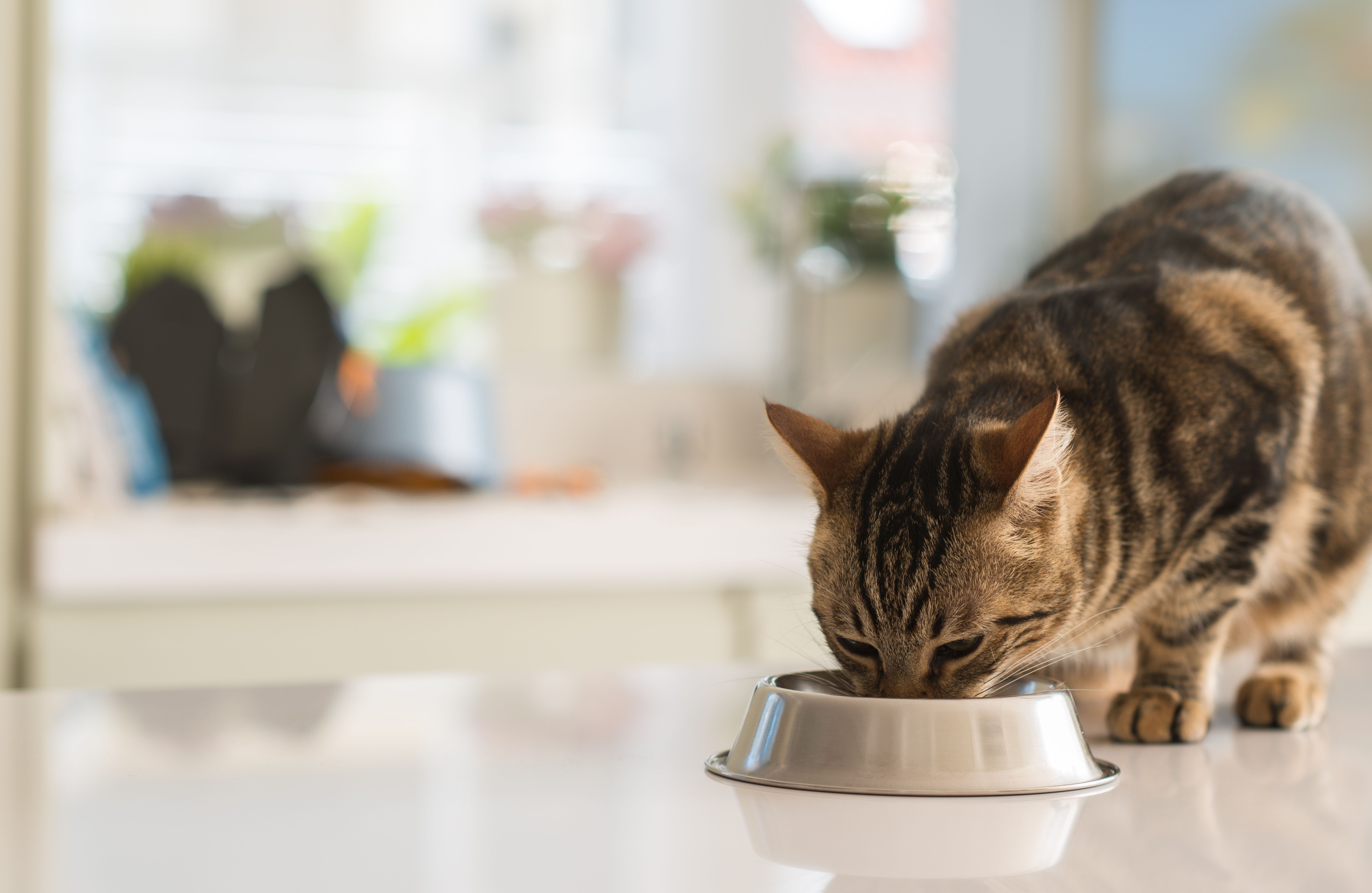Probiotics and its role in veterinary medicine
Here is an inside look at probiotics, plus debunking some common misconceptions
Krakenimages.com/stock.adobe.com

Probiotics have been used to help treat antibiotic-associated gastrointestinal signs (AAGS) such as vomiting, drooling, abdominal discomfort, and diarrhea, all of which potentially leading to a reduction in nutritional intake. When it comes to treating people, there have been signs that probiotics help lessen these symptoms in people, but how effective are they in veterinary patients?
During her lecture “The Role of Probiotics in Veterinary Medicine” at the 2023 American Veterinary Medical Association (AVMA) Convention in Denver, Colorado, Nicola Lakeman, MSc BSc (Hons), RVN, CertVNECC, CertSAN, VTS (Nutrition), gave a brief probiotic overview, plus some of the general public misconceptions, and how you can combat them.
Probiotics overview
For as little as is known about the probiotics and the biome, it has been proven that antibiotics cause a disturbance within patients. When antibiotics are introduced to the biome, studies have shown to cause a disturbance predominately decreasing in diversity of the organisms present within both cats and dogs. When it comes to treating patients, Lakeman explained that these probiotics used in veterinary medicine have big synergistic effects.
“Synergism is when you have more than 2 or more elements that work better together. So, we relate that to something else, and then the industry we know that acepromazine and buprenorphine when you put them together and have more of a sedative and analgesic effect than the 2 being given on their own, they're synergistic,” Lakeman informed attendees.
When it comes to probiotics, how can you be sure which ones to recommend to your patients? Veterinary professionals can explain to clients that when looking at probiotics, all labels should include expiration dates, exact species, number of microorganisms within the product, and a guarantee for the number of live organisms are in the supplement.2 If clients have specific questions, veterinary teams can should be able to call manufacturer for them to provide support on the efficacy of its product, preferrable a study by accredited researchers.
Probiotic misconceptions
Lakeman explained to attendees that if they left the Colorado Convention Center and went up to someone on the street to ask if fiber was a carbohydrate, she believes that they will say no. This misconception is important to correct in patients because carbohydrates can be an important part in increasing fiber probiotics in a patient’s diet. Lakeman told attendees that the key in correcting this misconception is to be careful with what words and descriptors used when talking to clients about fibers in carbohydrates, so they understand. For example, she explained how clients can be worried with an increase in fiber could result in low digestibility.
“[Another] thing that we still have misconceptions [about] is when we say we need to make sure we've got some carbs in the diet, [clients believe] that [carbs] will reduce the digestibility of the diet down and yes, it will but that actually can be positive in some cases. For things like constipation, we might want a higher fiber food [because] we want low digestibility. In some diets, we want high digestibility, but we need to just adapt the type of carbohydrate that's in there,” stated Lakeman.
“Some of the GI diets that we have, whether they're made by Royal Canin, Hills, or Purina, or all of these sorts of veterinary therapeutic diet companies. Yes, they're going to have carbohydrates in them, but the digestibility can be as high as 96% in some of those foods, so it has the right types of fiber and that's what we need to be relaying to owner,” said Lakeman.
In conclusion
Probiotics can be an important tool for helping keeps pets healthy while they are on medications, experiencing GI diseases, and having other medical problems. Because clients will be asking about them and what kinds they could give their pet, it is important for the whole clinic to learn and understand the different products and treatments that are available.
References
- Lakeman N. The Role of Probiotics in Veterinary Medicine. Presented at: AVMA Convention; Denver, Colorado. July 14, 2023.
- The power of probiotics. Cornell University College of Veterinary Medicine. Published July 7, 2021. Accessed July 20, 2023. https://www.vet.cornell.edu/departments-centers-and-institutes/riney-canine-health-center/health-info/power-probiotics
